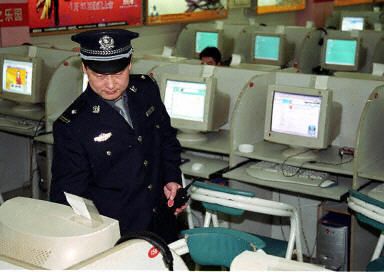State-sponsored censorship of the Internet has increased significantly in recent years, according to a study of 41 countries conducted during 2006 and 2007 by the OpenNet Initiative (ONI), a consortium of researchers from four major universities, including Harvard and Oxford. "The conclusions from this first year of global testing highlight that Internet filtering is growing in scope, scale and sophistication worldwide," an ONI summary of its work states. "At least twenty-five of the forty-one countries ONI tested are engaged in some form of technical Internet filtering." The study specifically targeted countries where there is the "most to learn about government online surveillance." In other words, countries where direct state control might be expected. A survey of thousands of Web sites across 120 Internet service providers revealed a list of the usual suspects engaging in significant levels of net filtering. They include: Burma, China, Iran, Pakistan, Saudi Arabia, Syria, Tunisia, the United Arab Emirates and Yemen.
That's up from just five states conducting systematic filtering five years ago, John Palfrey, executive director of the Berkman Center for Internet and Society at Harvard, told the BBC recently.
As Battle for Internet Control Continues, State Censors Play an Increasing Part

